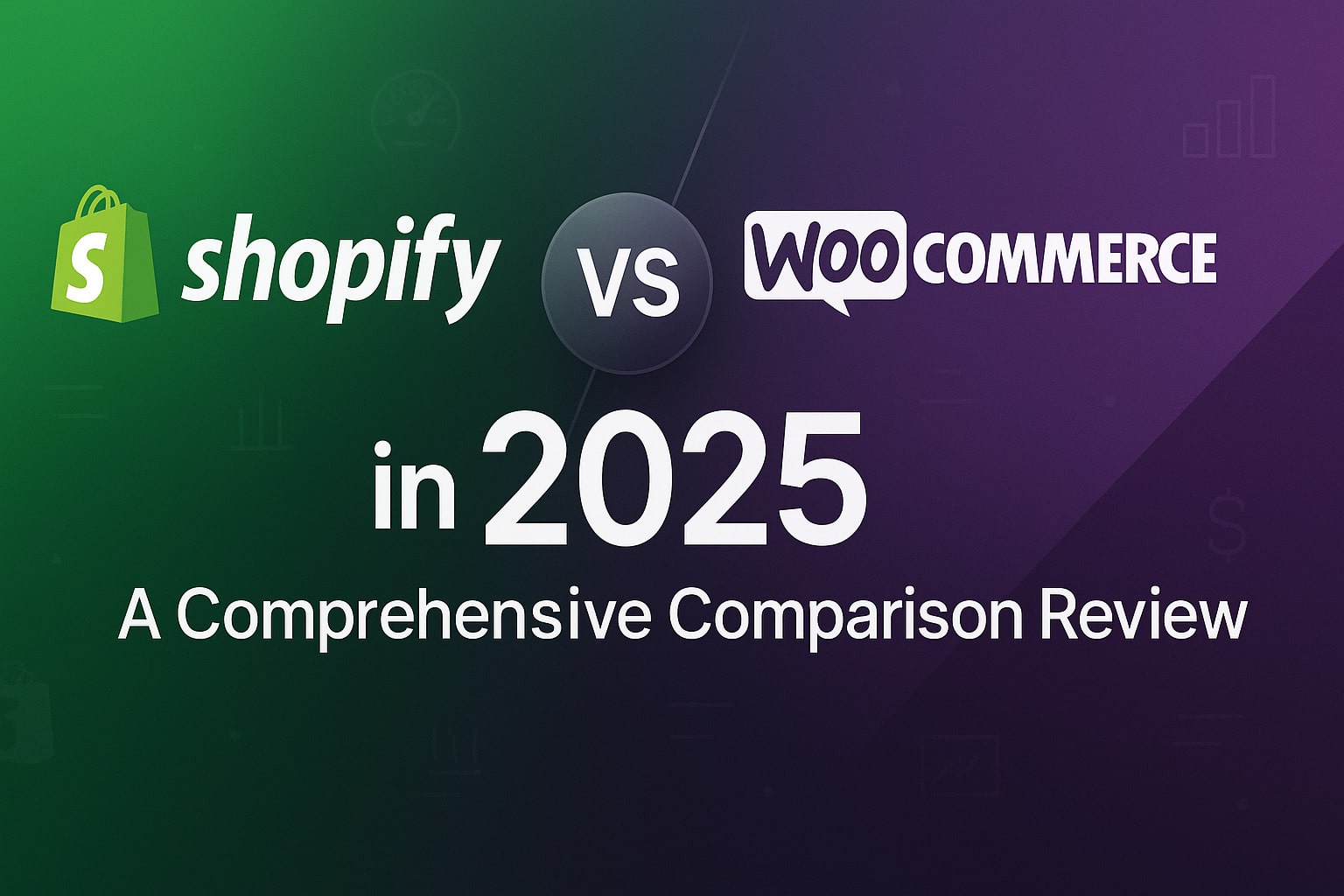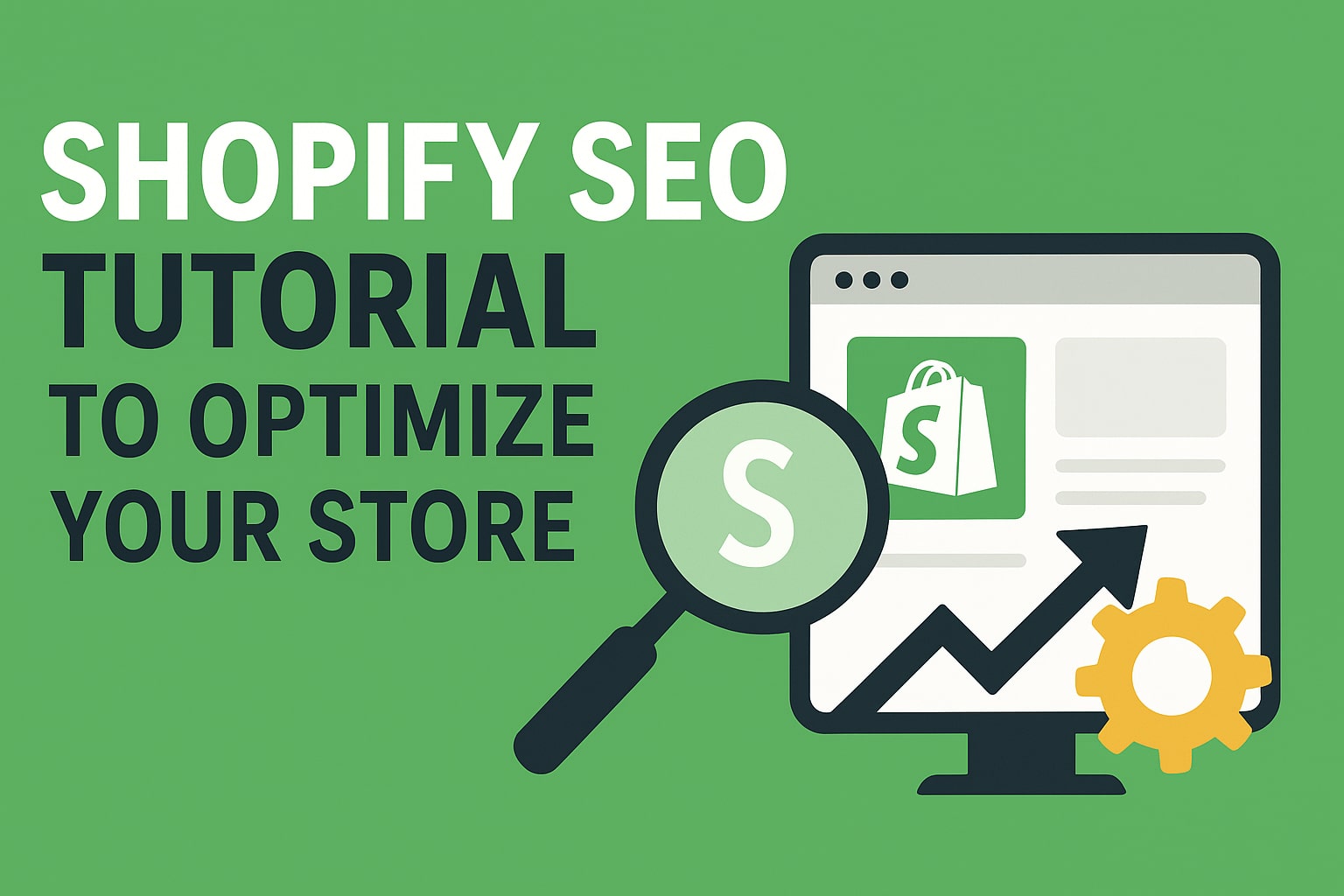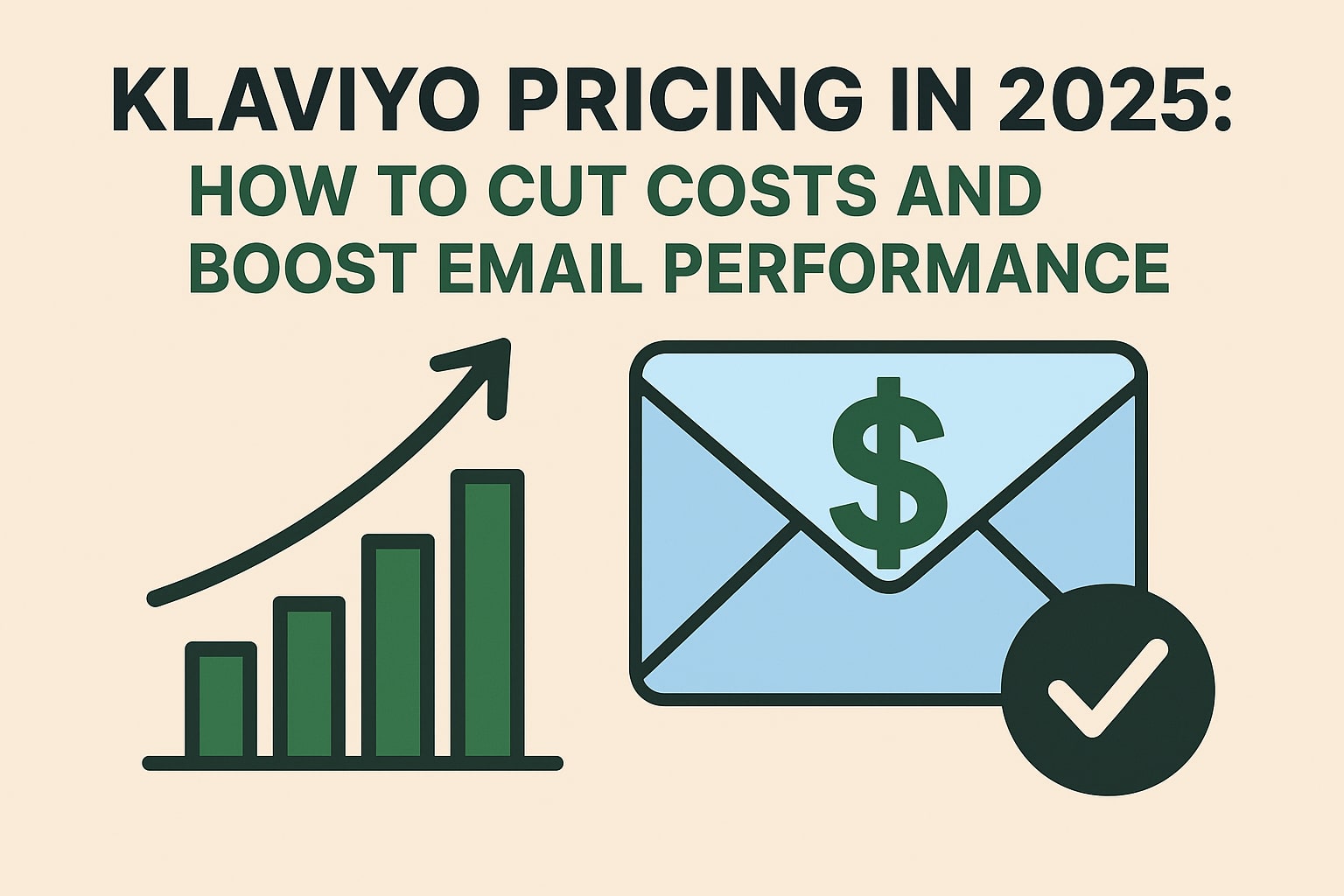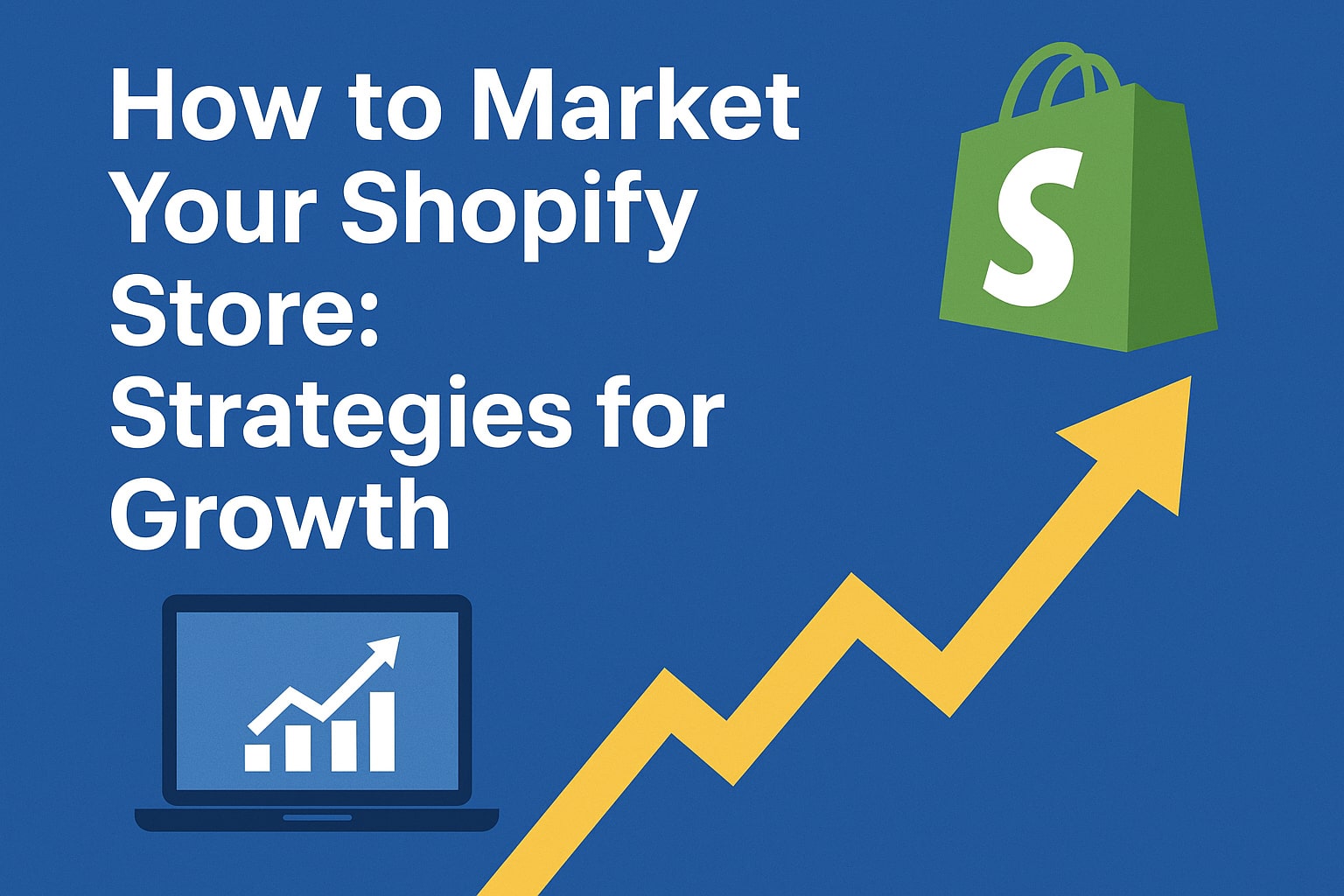The e-commerce industry is changing rapidly, and choosing the right platform for an online store has never been more critical. Two of the most popular solutions – Shopify vs WooCommerce – continue to dominate the market, each offering unique advantages depending on business needs.
In this article, we compare these two platforms to help you make an informed decision for your online business in 2025.
Ease of Use: Which Platform Is More Beginner-Friendly?
When it comes to setting up an online store quickly, Shopify stands out with its all-in-one, hosted solution. The platform welcomes users with an intuitive interface that makes launching a store straightforward. You can have a basic store up and running within hours, complete with product listings and payment processing.
WooCommerce, by contrast, presents a different approach. As a WordPress plugin, it integrates with the popular content management system. This connection gives flexibility but also makes things a little bit complex. Setting up a WooCommerce store requires more technical skills, including choosing hosting and configuring security. While this might scare beginners, it’s ideal for developers and those who want complete control over their online store.
Scalability: Which Platform Grows With Your Business?
Scalability remains a critical factor in the Shopify vs WooCommerce debate. If you plan to expand your store, you need a platform that can handle increased traffic, sales, and product listings without performance issues.
Shopify is designed to scale easily. Whether you’re a small business or an enterprise-level store, Shopify’s infrastructure supports high-volume sales seamlessly. Features like automated inventory management, multi-channel selling, and advanced analytics ensure your store can grow smoothly. Additionally, the Shopify App Store offers many add-ons to improve how your business works as it grows.
WooCommerce takes a different approach to growth. Its scalability depends largely on your hosting solution and technical expertise. When configured properly, it can handle significant traffic, but requires active management. As an open-source platform, you can modify it as needed. However, you’re responsible for maintaining performance as your store grows.
Design & Customization: Which Platform Offers Better Themes?
A visually appealing, mobile-friendly store is crucial for conversions. Let’s compare design options of these platforms.
Shopify provides 70+ professionally designed themes (both free and paid), all optimized for mobile and SEO. The drag-and-drop editor makes it simple to change the look, even if you don’t code. However, Shopify’s theme selection is more limited compared to WooCommerce.
WooCommerce’s design possibilities are virtually limitless, thanks to its integration with WordPress’s vast ecosystem. Users can choose from thousands of themes and modify them as they want. However, with so many choices, finding the best option for an online store can be overwhelming, and not all themes are equally suited for online stores. The platform rewards those willing to invest time in customization but may frustrate users looking for quick, polished solutions.
Customer Support: Which Platform Provides Better Assistance?
When technical issues arise, the quality of support can make all the difference. Shopify stands out with its 24/7 customer service available through multiple channels. Whether you prefer live chat, email, or phone support, help is always just a few clicks away. This comprehensive support network provides peace of mind, especially for business owners without technical backgrounds.
WooCommerce’s support structure is more decentralized. While there’s an active community of developers and users willing to help, official support depends on your hosting provider and any premium extensions you’ve purchased. This setup can work well for technically inclined users who enjoy troubleshooting with community input but may leave less experienced store owners feeling lost.
Pricing: Which Platform Is More Cost-Effective?
Budget plays a major role in choosing between Shopify vs WooCommerce. Let’s break down the costs.
Shopify Pricing (2025)
-
- Basic Plan: $29/month (up from $19)
- Shopify Plan: $79/month
- Advanced Plan: $299/month
- Plus Plan: Custom pricing (for enterprises)All plans include hosting, SSL, and basic features.
Transaction fees apply if you don’t use Shopify Payments.
WooCommerce Pricing
- Plugin: Free
- Hosting: $5–$100+/month (depending on traffic)
- Domain: ~$15/year
- SSL Certificate: $0–$100/year
- Premium Themes/Plugins: $50–$200+
While WooCommerce appears cheaper initially, costs add up with hosting, security, and extensions.
Payment Options: Which Platform Has Better Gateways?
Payment flexibility impacts sales. Here’s how Shopify vs WooCommerce handle transactions.
Shopify
Shopify Payments (powered by Stripe, no transaction fees)
100+ third-party gateways (2% fee unless using Shopify Payments)
Supports subscriptions, Apple Pay, and Google Pay
WooCommerce
WooCommerce Payments (Stripe-powered, no extra fees)
PayPal, Amazon Pay, and other gateways (bank fees only)
More global payment options (ideal for international stores)
Conclusion: Which Platform Should You Choose?
After examining all these factors, the Shopify vs WooCommerce decision ultimately comes down to your specific needs and resources. Shopify offers a streamlined, worry-free experience perfect for those who want to focus on their business rather than technical details. WooCommerce provides unparalleled flexibility for those willing to handle more setup and maintenance.
Remember, there’s no one-size-fits-all solution in e-commerce. The best platform is the one that aligns with your business goals, technical skills, and vision for the future. Take the time to evaluate your options carefully, and you’ll be well on your way to e-commerce success.
At Digital Octane, we specialize in building high-performing eCommerce websites on both Shopify and WooCommerce, tailored to the needs of businesses of any size and industry. Whether you’re launching a new online store or improving an existing one, our team ensures your site is fast, reliable, and optimized for sales. If you’re looking for a trusted partner to develop your store, we’d be glad to build it for you.



